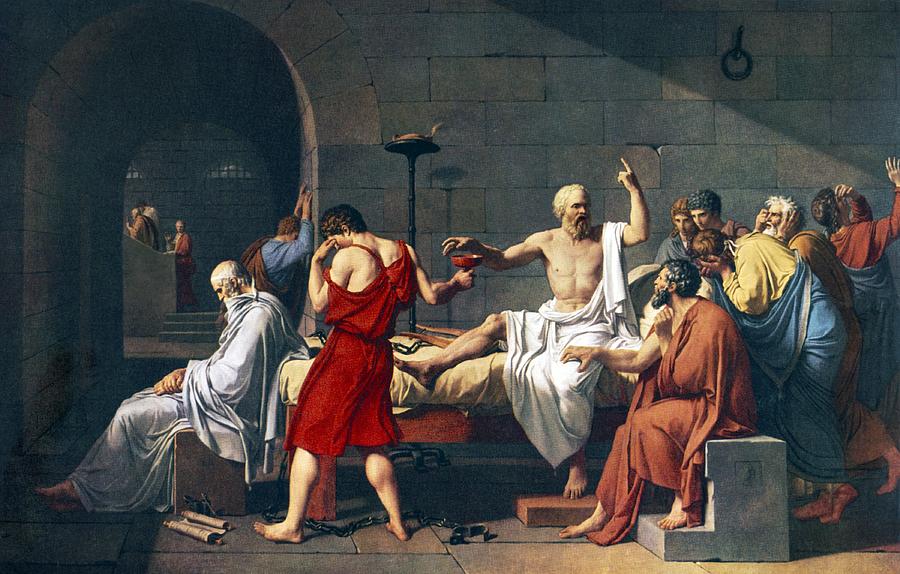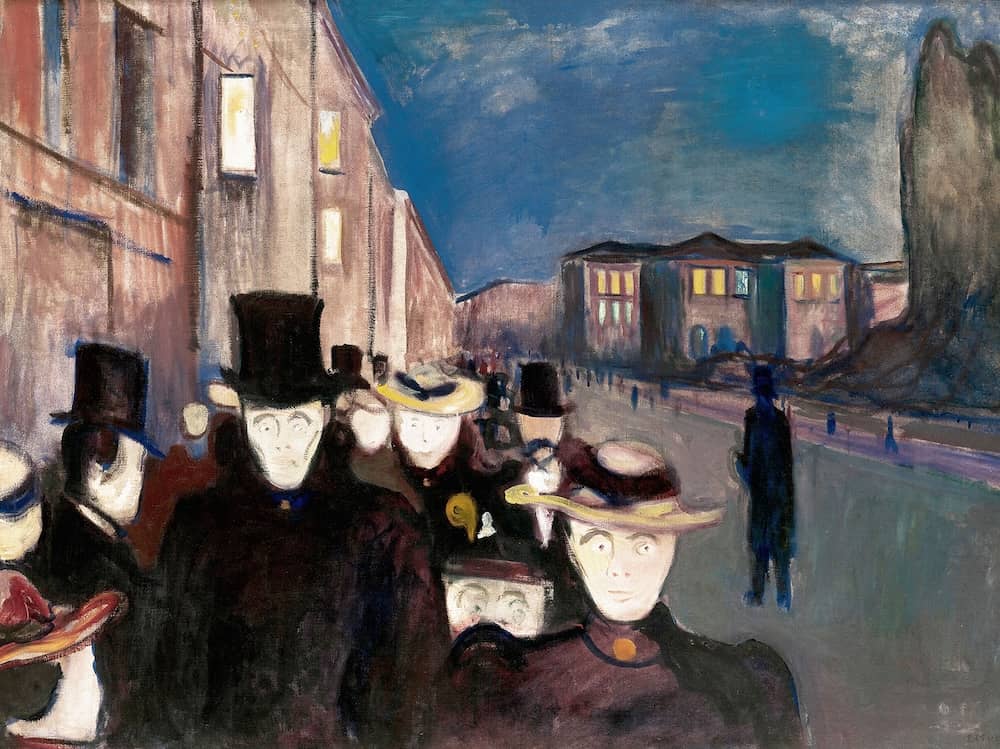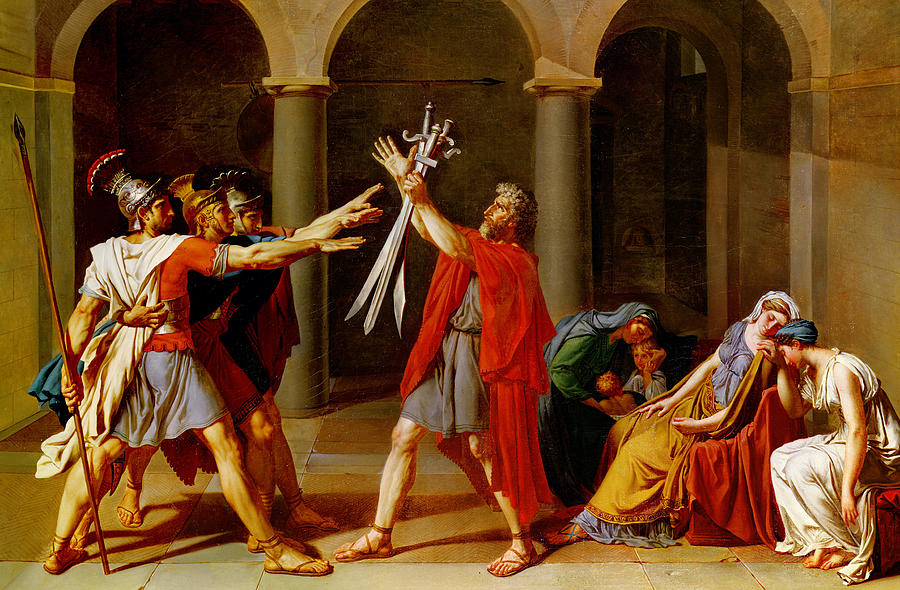The US is entering uncharted waters.
Political prosecutions are what brought down the Roman Republic.
Here's how. 🧵
Political prosecutions are what brought down the Roman Republic.
Here's how. 🧵

Donald Trump is the first US president to be indicted, let alone ruled a felon by a US court.
The court system of any society is designed to be a neutral arbiter of disputes;
Trust in the courts is crucial to prevent spirals of retributive violence.
The court system of any society is designed to be a neutral arbiter of disputes;
Trust in the courts is crucial to prevent spirals of retributive violence.

In Rome, an office holder was immune from prosecution while holding office
A consul could not be prosecuted during his 1 year term
Same for a "proconsul" = a consul w/ term extended, usually serving as a general or provincial governor
in 50 BC, Julius Caesar was a Proconsul.
A consul could not be prosecuted during his 1 year term
Same for a "proconsul" = a consul w/ term extended, usually serving as a general or provincial governor
in 50 BC, Julius Caesar was a Proconsul.

Caesar's enemies - Cato and friends - were publicly vowing to prosecute Caesar when his term ended
Caesar had been a successful general for nearly 10 years, conquered all of Gaul
Cato claimed they had 10 years worth of crimes to prosecute him for.
Caesar had been a successful general for nearly 10 years, conquered all of Gaul
Cato claimed they had 10 years worth of crimes to prosecute him for.

Caesar wanted to run for Consul again, to renew his immunity.
Unfortunately, to run for consul in Rome, you have to lay down your proconsular office & enter the city.
Caesar would have to become a private citizen in Rome for several months
(Plenty of time for a prosecution)
Unfortunately, to run for consul in Rome, you have to lay down your proconsular office & enter the city.
Caesar would have to become a private citizen in Rome for several months
(Plenty of time for a prosecution)

Caesar asked the authorities for an exception - to "run in absentia"
(in recognition of his achievements on behalf of Rome)
Thus he could keep immunity over the transition to new office
In 52, a law was passed to allow this
But by 50, Caesar's enemies had unwound the law.
(in recognition of his achievements on behalf of Rome)
Thus he could keep immunity over the transition to new office
In 52, a law was passed to allow this
But by 50, Caesar's enemies had unwound the law.
Cato & Friends now forced Caesar into a dilemma:
Either
a) Lay down your office & face prosecution,
OR
b) start a Civil War
(in 50, Caesar's legal term of office was expiring)
Either
a) Lay down your office & face prosecution,
OR
b) start a Civil War
(in 50, Caesar's legal term of office was expiring)

Cato & Friends drew Rome's other greatest leader, Pompey, onto their side
Caesar tried to negotiate
Pompey dug in his heels
Ultimatums were issued.
They all thought Caesar would back down.
Caesar tried to negotiate
Pompey dug in his heels
Ultimatums were issued.
They all thought Caesar would back down.

Caesar took the Nuclear Option and crossed the Rubicon in January, 49 BC
(The Rubicon River was the boundary of Caesar's province: crossing it amounted to a declaration of war)
This explains why political trials can become so dangerous:
(The Rubicon River was the boundary of Caesar's province: crossing it amounted to a declaration of war)
This explains why political trials can become so dangerous:

If there is no neutral arbiter, the recourse is usually violence
Caesar claimed Cato & Senate were corrupt, motivated by personal animosity
(they did undo some laws, after all)
Cato & co. said "Caesar is a threat to the Republic"
Who could adjudicate, except the gods of war?
Caesar claimed Cato & Senate were corrupt, motivated by personal animosity
(they did undo some laws, after all)
Cato & co. said "Caesar is a threat to the Republic"
Who could adjudicate, except the gods of war?

The threat of prosecution motivates heads of state to cling to power in many "third world" countries.
A precedent has been set.
The Biden family now have reason to fear prosecution if they lose the election
The stakes have been raised, massively
A precedent has been set.
The Biden family now have reason to fear prosecution if they lose the election
The stakes have been raised, massively

From Caesar's crossing of the Rubicon in 49 BC
... to avoid political prosecution
Until Actium in 31 BC,
Rome passed through a long period of civil war
Which ended in the establishment of a monarchy.
Is the die cast?
This is why we study history.
... to avoid political prosecution
Until Actium in 31 BC,
Rome passed through a long period of civil war
Which ended in the establishment of a monarchy.
Is the die cast?
This is why we study history.

For the full story, listen to some of my bios from the Cost of Glory Podcast.
Such as Pompey, Episodes 83-85
Such as Pompey, Episodes 83-85

• • •
Missing some Tweet in this thread? You can try to
force a refresh





















